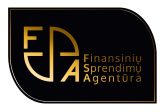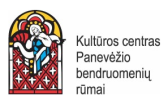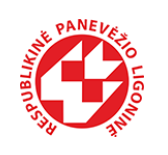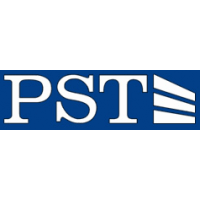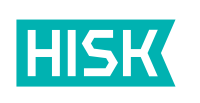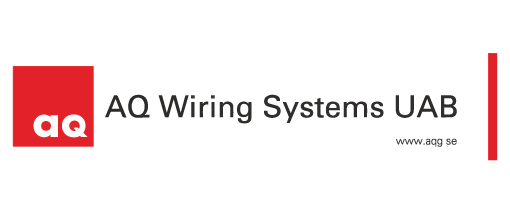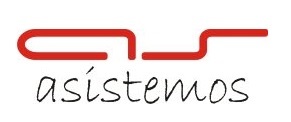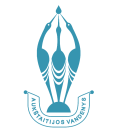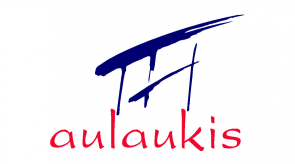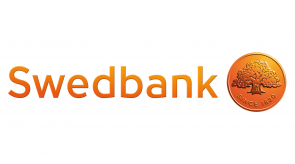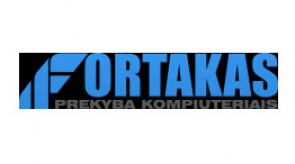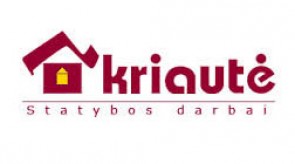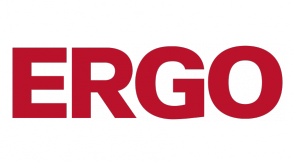General Practice Nursing
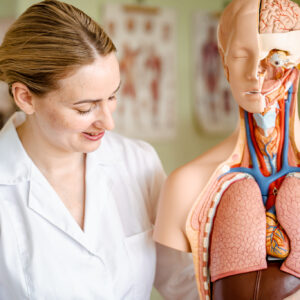 Study mode and duration: full-time (3,5 years).
Study mode and duration: full-time (3,5 years).
Study programme is carried out: Panevėžio kolegija/State Higher Education Institution, Faculty of Biomedical Sciences
Degree and professional qualification: professional bachelor of health sciences; professional qualification general practice nurse.
Volume of study programme in credits: 210 ECTS credits.
Why choose this programme: study programme is to prepare a general practice nurse. Graduates who have acquired professional qualification of a general practice nurse will be able to work in primary, secondary and tertiary health care institutions, national security and internal affairs health care system, social services institutions – in care homes for healthy and disabled people of all ages, private health care institutions.
Study modules (subjects)*
| 1 course | 2 course | 3 course | 4 course |
| General modules (subjects) of college studies | |||
| Module 1. Bioethics (Professional ethics; Basics of health law and management; Basics of scientific style) | |||
| Modules (subjects) of study field | |||
| Microbiology and infection control | Module 6. Professional communication (Communication and health psychology; Intercultural communication in nursing practice) | Module 9. Mental health nursing* (Mental health nursing) | |
| Module 2. Anatomy, physiology and general pathology | Health education | Module 10. Emergency medical aid and intensive care* (Emergency medical aid and intensive care) | |
| Module 3. General nursing | Clinical laboratory and biochemical research | Module 11. Community nursing* (Community nursing; Palliative nursing) | |
| Basics of pharmacology | Information technologies | Module 12. Surgical nursing* (Surgical nursing) | |
| Module 4. Pediatric nursing* (Childrenˈs health care and nursing) | Module 7. Therapeutic nursing* (Therapeutic nursing; Nursing of skin and infectious diseases) | Nursing applied research | |
| Module 5. Geriatric nursing* (Gerontology and geriatric nursing) | Module 8. Obstetrics and gynecological nursing* (Obstetrics and gynecological nursing) | ||
| Physical medicine and rehabilitation | |||
| Specializations / Alternative modules (subjects) | |||
| A1 Professional foreign language (English, Russian, German) (Module 6) | |||
| A2 Basics of entrepreneurship / Leadership | |||
| Practices | |||
| Childrenˈs health care and nursing practice (Module 4) | Therapeutic nursing practice (Module 7) | Mental health nursing practice (Module 9) | FInal practice** |
| Geriatric nursing practice (Module 5) | Obstetrics and gynecological nursing practice (Module 8) | Emergency medical aid and intensive care practice (Module 10) | |
| Community nursing practice (Module 11) | |||
| Surgical nursing practice (Module 12) | |||
| Electives subjects set by the College | |||
| PD1 | PD2 | ||
| Final thesis** | |||
* Practice is integrated into the content of the module
** Final module
PD1, PD2 – optional modules (subjects) foreseen by the order of the Director.
A1, A2 – alternatively chosen modules (subjects) foreseen by the study field programme committee.
* This study plan applies from 2022.
Attention to practice: practical skills are being improved by students during practice in a real environment in various health care institutions and patients’ homes. Partners: Panevezys Republican Hospital, Panevezys Palliative Care and Nursing Hospital, Panevezys Policlinic, Panevezys City Ambulance Station, St. Joseph Care Home, Panevezys primary personal health care clinics and other health care institutions of the Republic.
Opportunities for international studies: students of the programme have the opportunity to study according to the ERASMUS student exchange program.
Career opportunities: graduates may pursue study results if they wish to study at university according to the study programmes of the first cycle. After the bridging courses or having accomplished the requirements of other higher educational institution, students have access to continue studies in the second study cycle with the view to attain master’s degree.
The aim of the programme General Practice Nursing – to qualify nurses who are able to organize and implement nursing and education of patients in an innovative and high-quality manner, to evaluate the effectiveness of nursing, to preserve and care for patients’ health, to cooperate with other institutions, pharmacy and health care professionals, to participate in nursing applied research and develop nursing practice.
Learning outcomes:
- Students know national and international health policy, legislation and documents regulating nursing activities.
- They are able to apply knowledge of social, nursing and other sciences in personal, family and community health care.
- They are able to conduct applied nursing research and apply knowledge based on scientific and practical evidence to solve nursing problems.
- They are able to identify nursing needs, plan and organize and evaluate nursing for people of all ages.
- They are able to determine the impact of various factors on individual, family and community nursing.
- They are able to select, perform nursing actions and procedures and evaluate their outcomes based on a holistic approach to health.
- They are able to independently initiate first and emergency assistance in acute conditions, crises and disasters.
- They are able to educate patients of all ages, their families and the community to save and care for their health.
- They are able to communicate and collaborate with patients, their relatives and health care and other professionals, solving personal health problems within their competence.
- They are able to communicate in a professional environment, recognizing the diversity of individuals and intercultural differences.
- They are able to understand the importance of professional responsibility and lifelong learning and to develop in accordance with evidence-based nursing practice.
- They are able to independently ensure the quality of nursing, plan and analyze his/ her professional activity.





